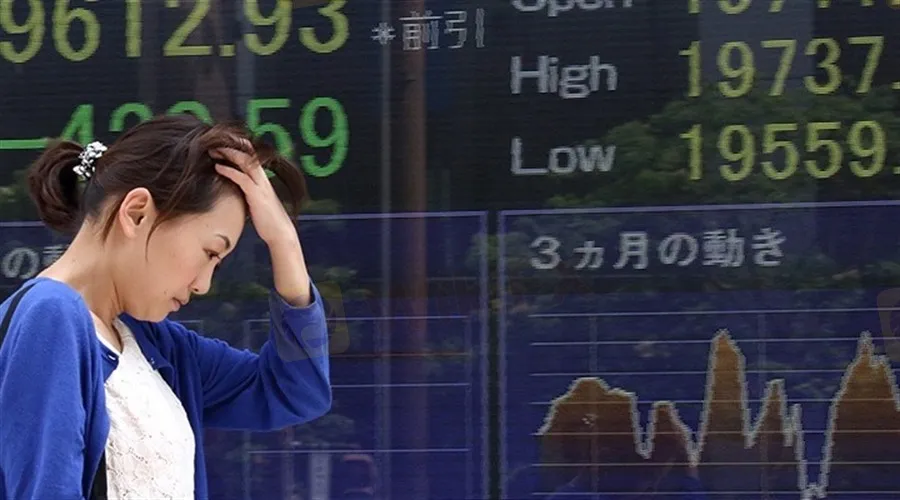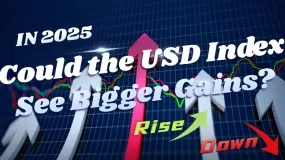简体中文
繁體中文
English
Pусский
日本語
ภาษาไทย
Tiếng Việt
Bahasa Indonesia
Español
हिन्दी
Filippiiniläinen
Français
Deutsch
Português
Türkçe
한국어
العربية
Mastering Forex Trading Psychology
Abstract:Successful forex traders know how to manage and remove their emotions from trading.

Successful forex traders know how to manage and remove their emotions from trading. This outcome is achievable by overcoming greed, habitually following risk management strategies, and employing a consistent trading plan. Identifying moments of emotional trading, detaching, and reframing back into a strategic mindset can be challenging.
That is why our team has created this Forex Trading Psychology Guide on how to manage and master your emotions when trading forex. Learn to minimize trade errors, mitigate your risk exposure and what guidelines you should follow for developing a long-lasting risk management strategy. Our core lessons include:
The Basics of FX Trade Psychology
Understanding Fear Of Missing Out
How to Overcome Greed
Risk-to-Reward Ratio
Tapping Into a Successful Trading Mindset
Managing Forex Trading Psychology
What is trading psychology, and why is it important? Trade psychology is a broad term that encompasses the emotions and behaviors of traders, including excitement, impatience, anxiety, greed and fear — as with many professions, mastering the environment and psychology is a process that takes time and commitment.
Trade Psychology is vital because it is your mind that determines how you react to trade outcomes, respond to volatile market movements and also tests a traders resolve for using their management strategy. Unfortunately, most forex market participants experience financial losses, resulting in far more negative than positive psychological effects.
The three most common causes of traders becoming their worst enemy include:
Martingale or doubling down losing trades (when fear turns to greed).
Closing positions before price reaches the target (fear of financial loss).
Participating in FOMO trading (fear turns into greed).
The financial markets do not care about your emotions. Those traders who can effectively manage both positive and negative aspects of trade psychology are best suited to handle the rigorous volatility of foreign exchange markets.

Disclaimer:
The views in this article only represent the author's personal views, and do not constitute investment advice on this platform. This platform does not guarantee the accuracy, completeness and timeliness of the information in the article, and will not be liable for any loss caused by the use of or reliance on the information in the article.
Read more

Could the USD Index See Bigger Gains in 2025?
As of December 30, 2024, the US Dollar Index is hovering around a relatively high level of 108. So, can the Dollar Index continue to rise in 2025? Overall, there is still a possibility for the dollar to appreciate, but it also faces several uncertain factors that could affect its trajectory.

Japan to Take Action to Stabilize the Yen
Japan faces yen depreciation due to interest rate gaps; officials plan measures to stabilize forex market volatility.

WikiEXPO Dubai on-site videos are here!
Let’s experience the excitement through the video!

WikiEXPO Dubai on-site videos are here!
WikiEXPO Dubai on-site videos are here!
WikiFX Broker
Latest News
Japan to Take Action to Stabilize the Yen
Ringgit Remains Flat Amid Holidays, US Debt Concerns Loom
Taurex: Is it Safe to Invest?
WikiEXPO Global Expert Interview: Loretta Joseph——Unlock the forefront of digital finance
Vietnamese Police Bust $1.2 Million Crypto Fraud Case
XTB Receives Licenses to Operate in Indonesia & UAE
SEBI Bans Big "Finfluencers for Misleading Investors"
Malaysia’s Securities Commission Enforces Ban on Bybit & Its CEO
WikiFX Review: Is HYCM still reliable in 2024?
Will Gold Shine Brighter in 2025?
Currency Calculator






